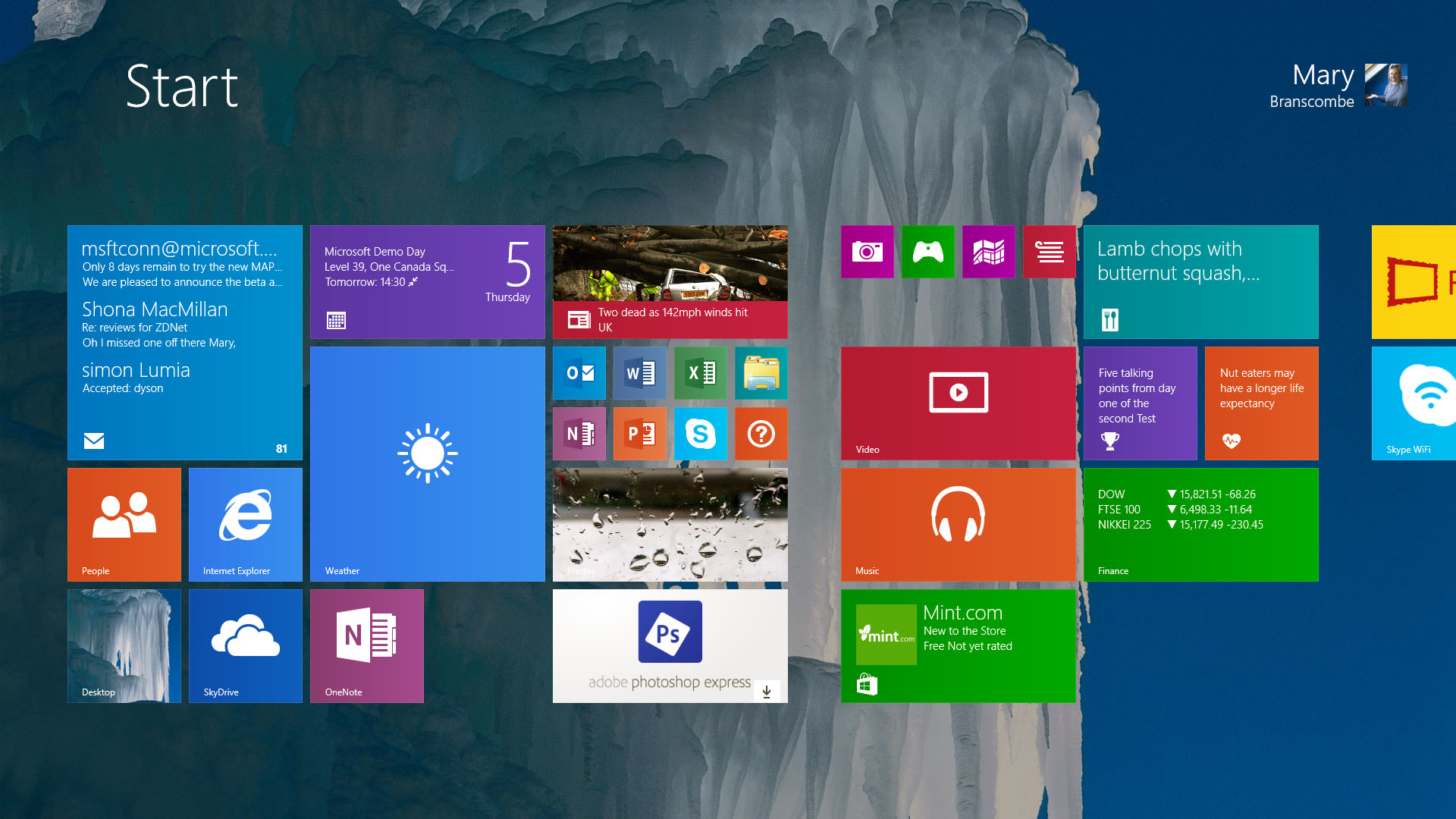Are you prepared for a Microsoft licensing audit?
Don't let your organisation be penalised

Microsoft's business software has permeated organisations all over the world in recent decades, with many a workforce being totally reliant on the platforms produced by Redmond's famous old firm.
It's more than likely your own company uses a Microsoft package in some regard, but is your team on top of its licenses with every piece of software accounted for?
If not, Microsoft's auditing squad may be on to you, so it's worth heeding the advice we were offered by Express Matrix's country manager Martin Callinan in our recent Q&A session.
TechRadar Pro: Does Microsoft have a reputation for auditing regularly, and what are the risks for its customers?
Martin Callinan: A recent research report found that Microsoft is the most rigorous of the software vendors when it comes to licence audits. 67% of businesses that had been audited within the past two years reported being audited by Microsoft, compared to 42% of businesses that had been audited by Adobe, the second most common auditor.
Furthermore, the report revealed that those organisations that had a licensing shortfall at the conclusion of the audit paid out an average of over £300,000 in order to rectify the situation, demonstrating that there is a clear financial risk for those that fail to prepare.
TRP: What can businesses do to reduce their financial risk and prepare more effectively for a software licence audit from Microsoft?
Are you a pro? Subscribe to our newsletter
Sign up to the TechRadar Pro newsletter to get all the top news, opinion, features and guidance your business needs to succeed!
MC: It is imperative that organisations with considerable investments in Microsoft software are fully prepared for the possibility of an impending audit and are compliant with the terms of their licensing agreements.
As such, they should adopt a more structured approach to IT asset management, and can take three basic measures in order to reduce their exposure to financial risk.
First of all, it is essential to know exactly what software has been deployed across the organisation. But a one-time inventory will not suffice; inventories must be updated continually and reconciled with purchasing data in order to uncover and rectify licence shortfalls.
There are free licence compliance tools available to help IT teams generate reliable reports showing their current inventory.
Secondly; when faced with an audit, it is easy to end up panic-buying licences in order to guarantee compliance and avoid fines.
By understanding how software is being used, by whom, on which devices and from which locations, companies can avoid being pressured into wasting money on software that's simply not needed.
Software usage data can also help determine which software can be decommissioned or redeployed more effectively in other areas of the business.
Finally, the most effective way to prepare for a vendor audit is for IT teams to ensure they have a solid understanding of their licence agreements and product use rights. By ensuring that software is deployed accordingly with its licensing terms, organisations can significantly minimise their risk in the event of a vendor audit.
TRP: How can businesses be in a better position to take advantage of Microsoft licensing deals?
MC: Organisations should look to identify any upgrades or investments they plan to make over the coming year, as they may be better off buying those licences now, rather than waiting.
When considering which new technologies to introduce, it is important that businesses have a certain understanding of how technology is being used throughout their organisation. Having accurate data of the software they have installed will enable customers to negotiate from a position of knowledge and drive a better deal.
By looking at usage trends, it is possible to identify areas that could benefit from new technologies, such as cloud. Without this usage data, forward planning is being based on little more than assumptions and gut feeling.
TRP: What's the key to not slipping up on your software licenses?
MC: At the end of the day, businesses have a responsibility to licence the software deployed in their organisation correctly regardless of how likely it is that they will be audited.
The simplest way to avoid unbudgeted spend caused by erroneous software licensing is to ensure that the organisation has the ability to track its software assets, understand how they are used and which software licences relate to those assets.
This, in turn, will enable them to ensure that the organisation is compliant. Ultimately, businesses should pay for what they use, but more importantly use what they pay for.
Those who are better prepared can spend less time worrying about audits and more time thinking strategically about their future technology investments, so that they can negotiate more favourable deals.

Désiré has been musing and writing about technology during a career spanning four decades. He dabbled in website builders and web hosting when DHTML and frames were in vogue and started narrating about the impact of technology on society just before the start of the Y2K hysteria at the turn of the last millennium.